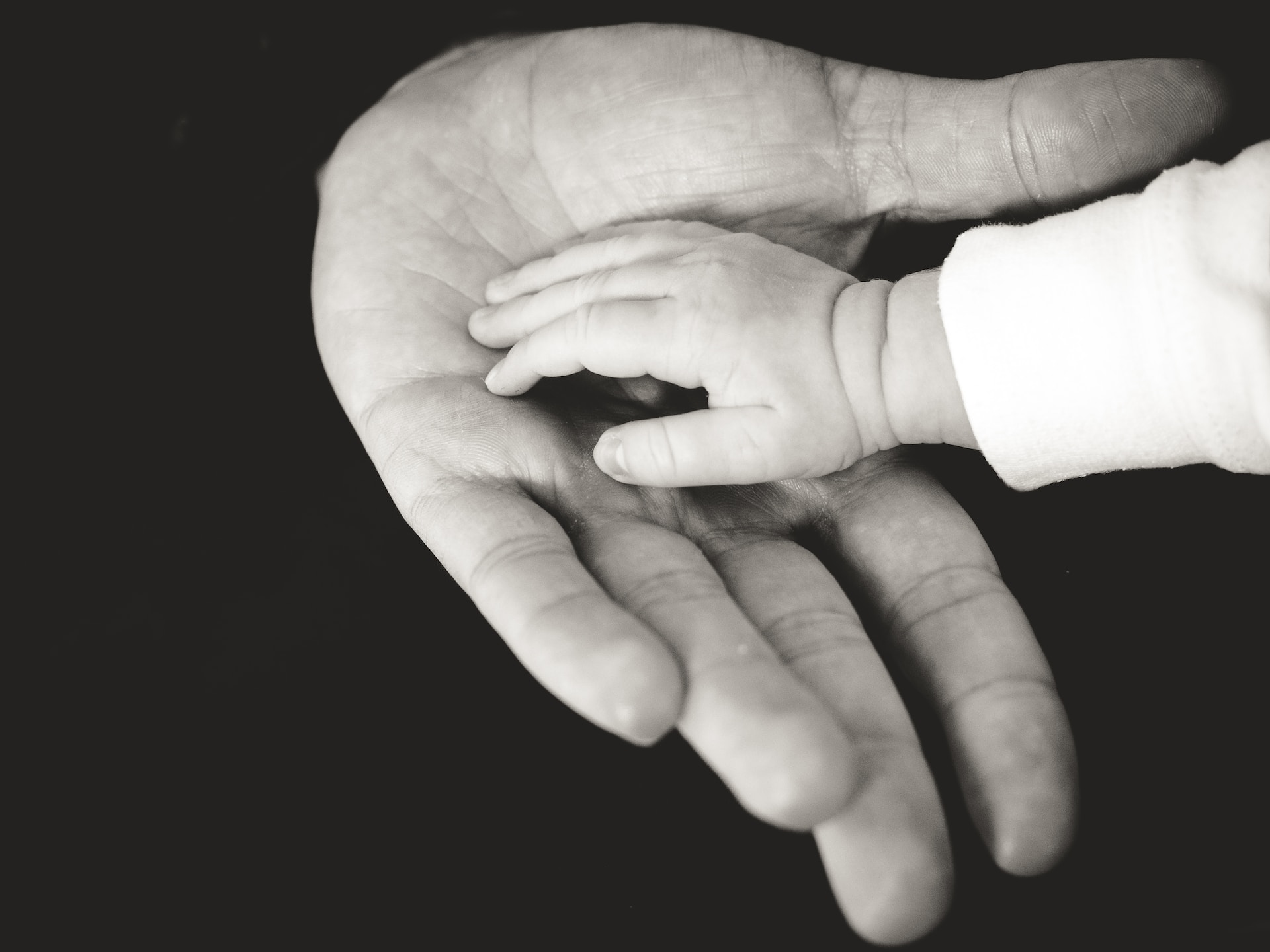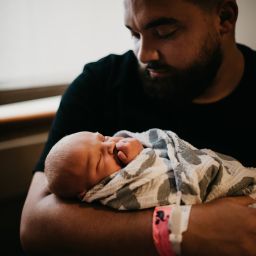
There are a lot of misconceptions and stereotypes revolving around custody when it comes to fathers. Historically, the mother was awarded sole custody of children usually sighting they are the caretaker, spending more time at home with the children. Times have certainly changed, and this isn’t always the case anymore. Women are working just as much, if not more than their husbands. So why does it seem that family court still discriminates against fathers?
According to Val Kleyman, Fathers Rights Lawyer, up until about the 1980’s courts ruled that it was almost always in the best interest of the child to award custody to the mother, especially young children. Today, there is no general presumption that the child should reside with either parent, but most find that courts are still biased when it comes to this determination.
An important example is the rights of married fathers vs. unmarried fathers. In New York, an unmarried father must establish paternity before his rights can even be considered. This is done by signing a birth certificate, or a DNA test. Married fathers do not have to establish paternity, because they are assumed the father at birth. The process of establishing paternity can be an extremely difficult and a drawn-out process if the mother is not cooperative. Additionally, because an unmarried father would have to go through this potentially lengthy legal process, they are not able to have access time with the child until paternity is established. Thus, the father misses out on crucial bonding times, further setting back their relationship with the child.
Today, there is no general presumption that the child should reside with either parent, but most find that courts are still biased when it comes to this determination.
Val Kleyman, Esq, Fathers Rights Lawyer
A “traditional” custody arrangement has often included the mother having primary physical custody, with the father having access time every other weekend and one week day. This can be the case even if joint physical custody is awarded, because joint custody does not mean equal time. However, this arrangement is becoming outdated as it is not very much time spent with the non-custodial parent. Parent advocates argue that children are better suited if both parents are in their life as equal as possible. Custody arrangements are trending this way, awarding joint physical and legal custody, with more equal parenting time. But, there is still the initial challenge in court trying to prove that there is not a “sole-caretaker” of the child.
If you have questions or need to speak with a fathers rights lawyer, please feel free to contact us for a consultation. We are always ready to listen and help.




